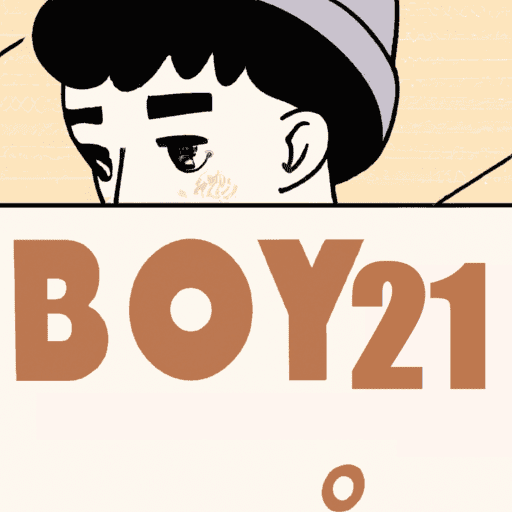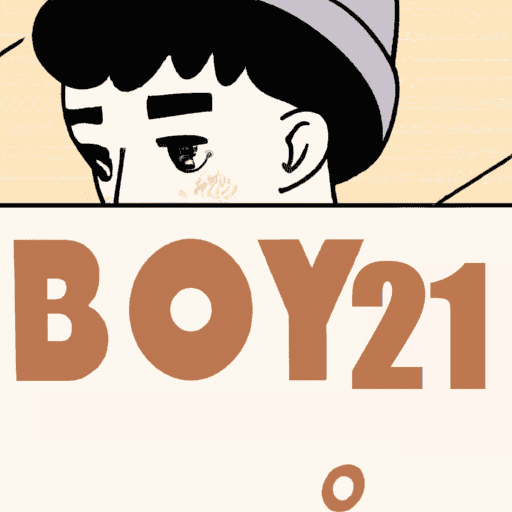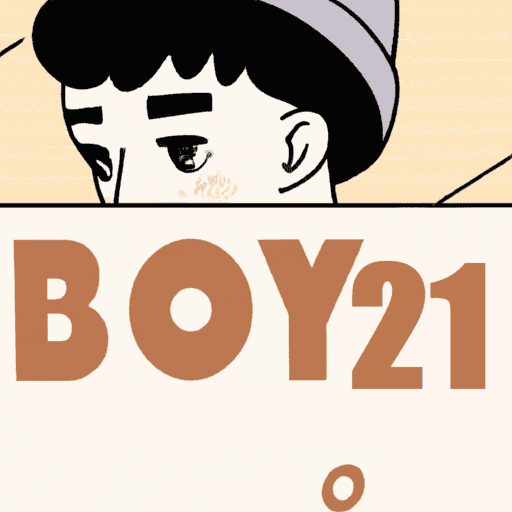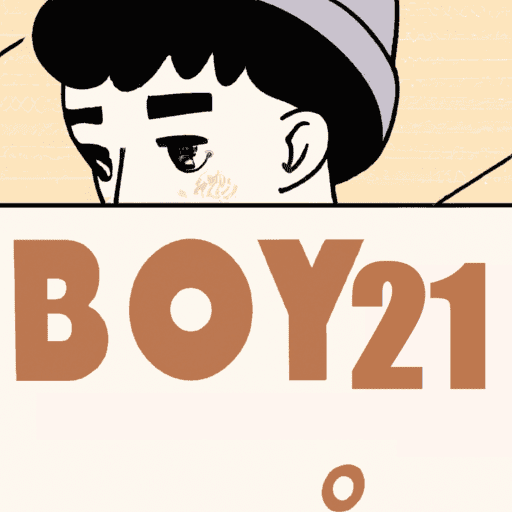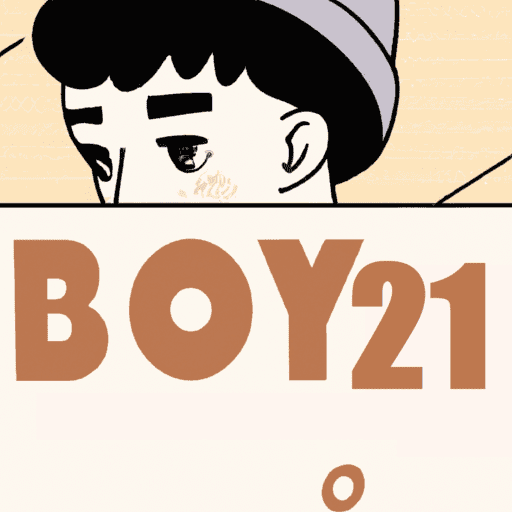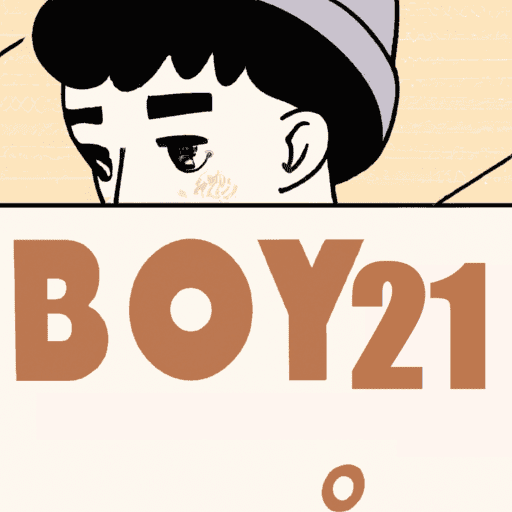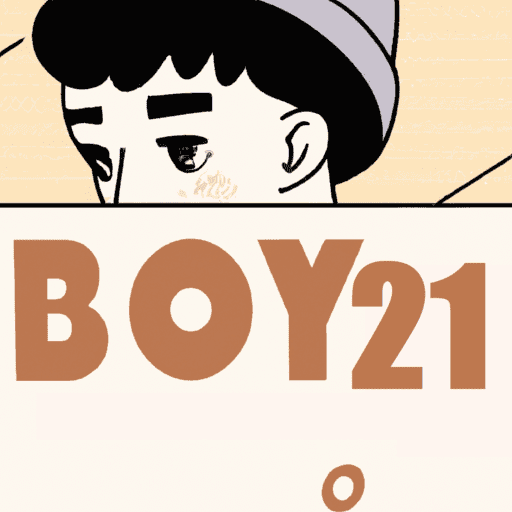
How are family relationships portrayed in the novel, especially in relation to Finley and his father?
In Matthew Quick's young adult novel Boy21, the nuanced depiction of family goes beyond simplistic archetypes to reveal complex bonds shaped by love and grief. Protagonist Finley's relationship with his father in particular defies pat categorization as either fractured or idealized. An analysis of their layered connection provides deeper insight into the novel's examination of intimacy and loss.
On the surface, Finley's father is absent and terse - an archetypal distant patriarch. Working constantly to support their family after factories shut down, he barely interacts with Finley. Their rare conversations are practical rather than emotional. However, the apparent disconnect between father and son stems not from lack of love, but grief.
Grief as a Silent Barrier: Understanding the Father's Coping Mechanism
Quick reveals that since the death of Finley's mother, his father has recoiled from intimate connections as a coping mechanism, burying himself in work and rugby to manage profound sorrow. The father remains devoted to Finley in his own stilted manner, expressed through providing steadfastly for his family. Quick upends simplistic archetypes to show how past tragedy shapes even the most seemingly disconnected relationships.
The climax of Quick's nuanced portrayal comes when Finley's father witnesses Finley brutally beating another boy. Quick depicts the resulting conversation as a long-overdue moment of vulnerability between father and son. United by mutual grief, they open up about sadness and shame. The father shares his inner turmoil over failing to express love since his wife's passing. Quick suggests that past anguish need not doom intimacy, showing how the failure lies in lack of courage to be vulnerable.
The Nuances of Family Bonds in "Boy21"
Through the evolving relationship of Finley and his father, Quick insightfully illustrates that family bonds shaped by loss are not beyond redemption. Their halting journey to restore intimacy reveals that hope and change remain possible, if we risk being vulnerable. Quick ultimately portrays family not as fixed archetypes but fluid connections able to be mended through openness, forgiveness and time.
